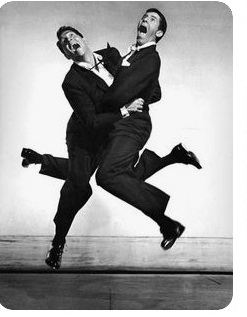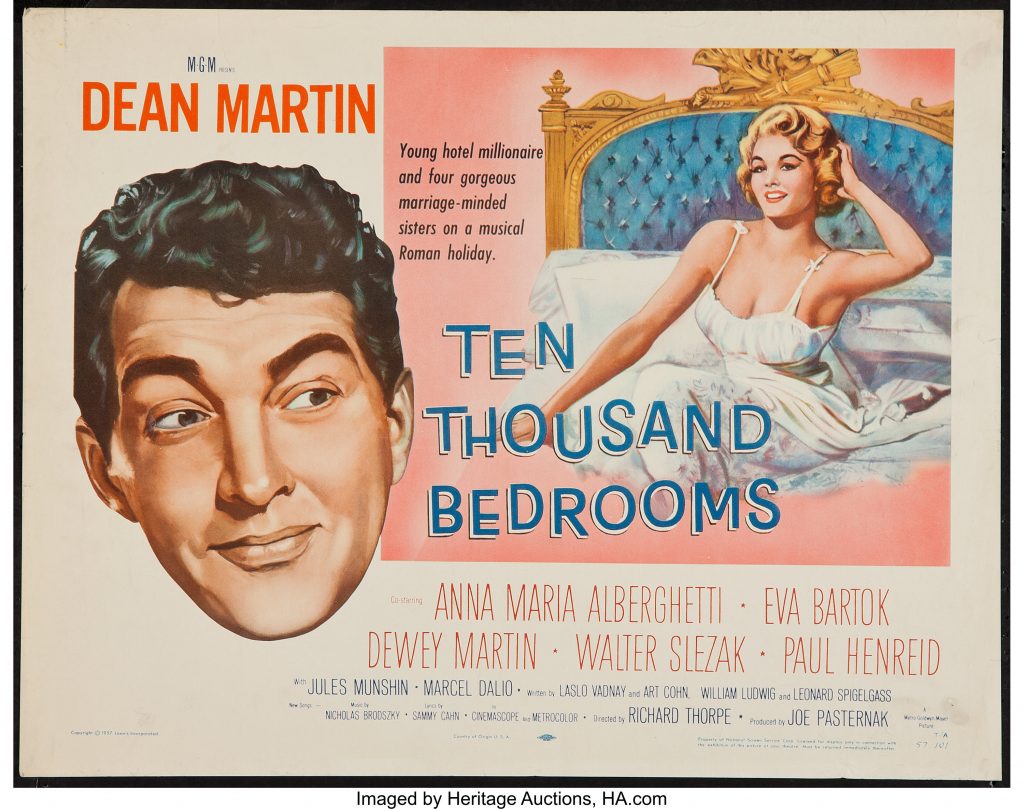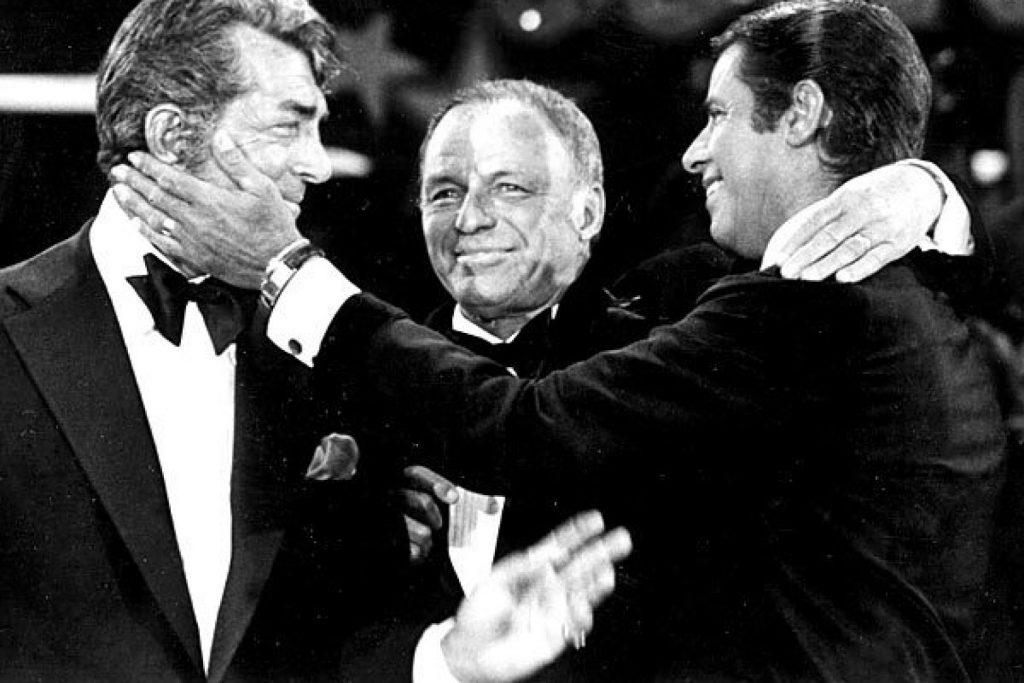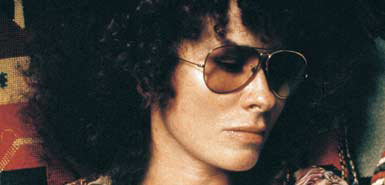In a rare event, one that could happen only once in every millenium, two insignificant celestial objects colided. That happens often, but this time, it kindled a massive celestial event that shaped the world as we know it.
A young vaudeville wannabe named Joey was going nowhere with his act — a pantomime accompanied by records. He was able to get jobs on the theater circuit in the days before motion pictures put the live stage out of business, but it was a meager living.
Another show-biz climber named Dino had trouble holding a job — the bandleaders said he was too derivative and he needed to get a nose job if he wanted to be serious.
They met while both were on the bill at one of the minor mob-owned clubs in Atlantic City in 1945. The owner wasn’t happy with either one and threatened to fire them if the late show that evening didn’t get better attendance.
Joey went to Dean and proposed that they disrupt the program — they had nothing to lose. So when Dino went out to sing, Joey acted like one of the club’s waiters and caused a commotion by dropping plates and breaking glasses. Dino acted angry and told him to get out and quit disturbing the audience. Joey heckled the singer, the singer heckled back — and the audience loved it.
The pair repeated the orchestrated fiasco three times a night at the club, and word got out that this was the place to go. There were long lines of people waiting to get in. The pair got offers to play other places for more money.
Dino got his nose job. Joey Levitch changed his name to Jerry Lewis — and the rest is history.

For ten years, Martin and Lewis were the top act in show biz. They made movies, they made records, they played sold out performances, they made money — hoo boy did they make a lot of money!
And then, for whatever reasons, they parted — and not on the best of terms.
Then, the world waited to see if either of them could make it alone. Was the singer good enough to compete without the comic?
And the surprise ending to the story is — the comic actually had a gold record before the singer did. The comic’s next movies — basically the same formula with different actors — were successful and the singer’s next movies were flops.
The surprise success of the comic’s singing career depended upon the fragile superstar Judy Garland. Garland had to cancel a performance in Las Vegas (reportedly because of strep throat), and her husband/manager Sid Luft asked Jerry to fill in. Legend has it that 30 year old Jerry — who hadn’t sung alone onstage since he was 5 years old — didn’t know what he could do at the last minute, so he asked what songs Judy was going to sing that night. One was the standard “Rock-A-Bye Your Baby” made famous by Al Jolson — who was Jerry’s idol. They orchestra had the arrangement and was well rehearsed, so Jerry said he’d do that song (he also did “Come Rain Or Come Shine” – a Johnny Mercer/Harold Arlen hit).
Jerry hit the stage, and schmaltzed it up — did his impersonation of Jolie — and the crowd went wild. He told jokes of course, but the musical performance was such a hit that he got an offer to put it out as a record — and that is what launched his solo career.

Meanwhile, Dino was getting buried by the critics for the flop of his first post-Jerry movie, “10,000 Bedrooms” and worse — the movie lost over a million dollars (steep in those days).

But neither success nor failure can erase the historical significance of Martin and Lewis — alone or together.
Jerry’s main contribution to the world was his tireless devotion the the Muscular Dystrophy campaign — which brings us to the reason for this essay:
Another Labor Day without Jerry Lewis is so sad for those of us who grew up catching snatches of his marathon telethon. Fortunately highlights survive and can be easily accessed online. The schmaltz of Jerry Lewis survives — as do his movies and recordings.

For that, we are thankful. And for Labor Day — so sorry, you have to get along without Jer.


